PRESERVING A MILITARY LEGACY FOR FUTURE GENERATIONS
The following Reflections represents CWO4 Charles Rathgeber’s legacy of his military service from 1971 to 1999. If you are a Veteran, consider preserving a record of your own military service, including your memories and photographs, on Togetherweserved.com (TWS), the leading archive of living military history. The following Service Reflections is an easy-to-complete self-interview, located on your TWS Military Service Page, which enables you to remember key people and events from your military service and the impact they made on your life. Start recording your own Military Memories HERE.
Please describe who or what influenced your decision to join the Coast Guard.

When I became aware that I was not interested in finishing college in my sophomore year, I sought out the local Coast Guard recruiter, but they were not looking for entry-level recruits at that time. As my draft number was low and I was soon to be status 1A, Dad had served in the Navy in WWII, so I talked to the Navy recruiter and enlisted in December 1971.
My college roommate advised me on survival techniques for basic training, and I went to NTC Orlando to do my four years and got out. After working concrete for a year, I went to see a Coast Guard recruiter, and now they were interested, so I started my career.
Whether you were in the service for several years or as a career, please describe the direction or path you took. What was your reason for leaving?

After being assigned to the same USN ship for 3-1/2 years and advancing to E-5, when my enlistment was up, I asked to be assigned to the Spruance destroyer program as part of re-enlisting but was turned down. I was introduced to my future wife and got married in 1975. I took the separation into the USNR in 1975. I felt I was underutilized as a repair electrician with several specialty schools behind me.
Then in February 1977, we decided to try another service. I spoke with a Coast Guard recruiter, and he was happy to get me an entry as an E-5. After being assigned to the cutter Ingham, I was able to draw on my USN training to fit right in and was appreciated for my efforts. When I was ordered to RTC Yorktown, I became an instructor for MK “A” school and EM Advanced Electronics school.
Before I knew it, I was a CPO with over ten years of service, two children, and paid-off cars. Ten more seemed easy to do at that point. I was a Senior Chief for four years, on the promotion list for MCPO. Still, with the reorganization that happened, my billets went from 14 to 8, and I was tired of waiting, so I went to Naval Engineering as a Chief Warrant Officer. I would be forced to retire at 30 years, so I retired at 26 years to be competitive in the job market.
If you participated in any military operations, including combat, humanitarian and peacekeeping operations, please describe those which made a lasting impact on you and, if life-changing, in what way?
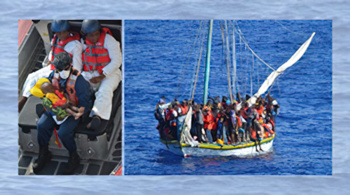
On numerous patrols on several cutters over the years, the Immigrant Interdiction patrols were the most significant. We would rescue hundreds of folks from overloaded vessels only to return them to their countries of origin. We would shelter and care for them in the interim, placing great strain on their resources and emotions. It is very humbling to see the lifestyles of those folks and have to return them to such conditions.
Did you encounter any situation during your military service when you believed there was a possibility you might not survive? If so, please describe what happened and what was the outcome.
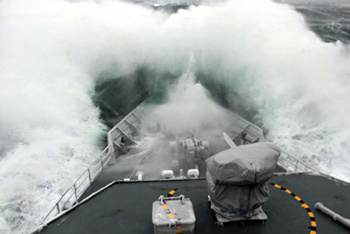
Northwest Atlantic fisheries patrols were always rough with superstructure icing leading to larger, longer rolls where it seemed we would not come back from. We tied ourselves in our racks and prayed for it to be over soon.
Of all your duty stations or assignments, which one do you have fondest memories of and why? Which was your least favorite?
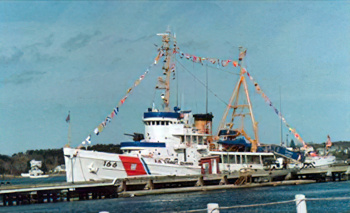
I have a lot of favorites. My shipmates will concur. Making fresh water on the evaporator watch on the Ingham, we would compete to see who could make the most in one watch?being a Plankowner of the Tampa, Diligence, Vigilant, Vindicator, and Tamaroa, Being Chief of the Boat on Cherokee. Being an instructor at RTC Yorktown. Being Chief Engineer on Vindicator. Being Senior Investigating Officer at Marine Safety Office Portland.
Being Assistant Engineer Officer on Tamaroa, planning significant improvements for the engineering plant to last another ten years, only to have the cutter decommissioned suddenly.
Being assigned to RTC Yorktown had its drawbacks. Parade for Inspection/Graduation ceremonies almost every Friday!
From your entire military service, describe any memories you still reflect back on to this day.
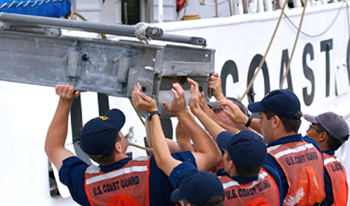
I miss the camaraderie. The cool nights at sea, just talking. The port calls. The challenges we faced. The teamwork. The fact that what we did was helping, was humanitarian in nature. You have trouble trying to duplicate that in civilian life.
What professional achievements are you most proud of from your military career?
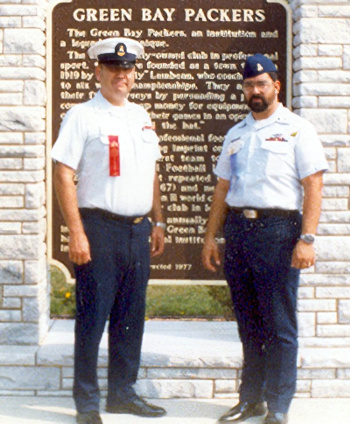
My advancement, for one. I never considered a career, it just happened, and it was over too soon. My expertise that I learned and practiced over the years. I was able to earn an Associates Degree in electronics. I resolved problems that arose on the units I served, earning the nickname “McGyver” from one CO after restoring power on a dead ship at sea. The accolades I received. The leadership I was allowed to cultivate from subordinates to see their careers bloom has been very rewarding.
Of all the medals, awards, formal presentations and qualification badges you received, or other memorabilia, which one is the most meaningful to you and why?
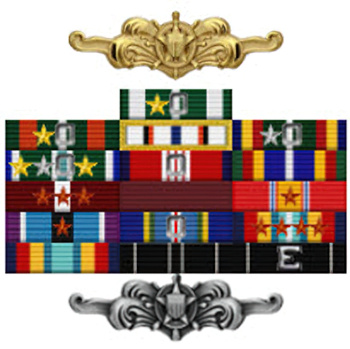
The Meritorious Team ribbon while at Marine Safety Office, Portland, Maine. I was asked to coordinate the unit Reserves, and we formed into a formidable group of Coasties. We took several merchant mariners to hearings to revoke their credentials due to negligence or drug use. If not for the investigative work, we would not have prevailed. They were a great group of sailors, and I think we learned a lot from each other.
Which individual(s) from your time in the military stand out as having the most positive impact on you and why?
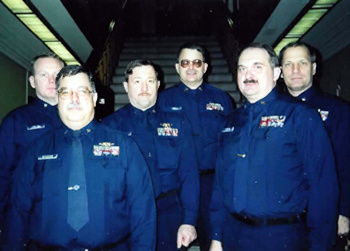
CDR Duane Preston of the Cherokee was one of my most influential persons. He was a mustang officer and really looked after his crew. We locked horns a couple of times as I was his Senior Enlisted Advisor, and I learned how to assert my advice to a superior officer quite well.
Capt John Clay was another forward thinker that truly wanted the Coast Guard to conform to Edward Deming’s Quality Management, work smarter, not harder. His visions for adapting technology to reduce manning ran into the budget walls, and so we still lack fuel cell propulsion and aircraft radar on the masts, but it was sure a lot of fun prototyping the concepts with him.
The EMCMs in charge of the Advanced Electrician’s Mate at RTC Yorktown greatly influenced our choice to continue to serve to retirement.
Finally, LT Charles Srioudom at Marine Safety Office Portland was a great person to get to know, train and play tennis with. Hello Charlie!
List the names of old friends you served with, at which locations, and recount what you remember most about them. Indicate those you are already in touch with and those you would like to make contact with.
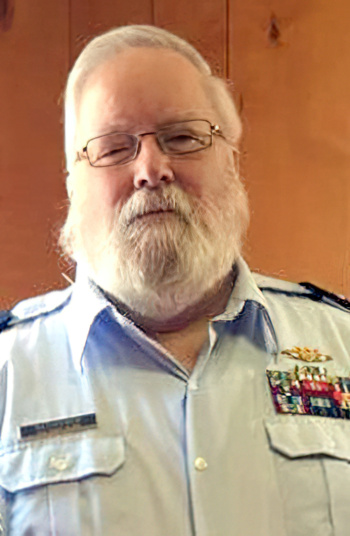
I’ve lost touch with so many, and I’ll have to let this be my apology to them all. I miss all of you. Joe Reinert, Dan Loudermilk, Dan Warrington. Sorry guys.
Can you recount a particular incident from your service, which may or may not have been funny at the time, but still makes you laugh?
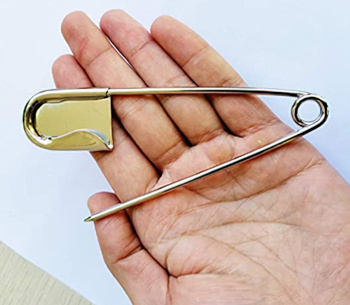
I’ll try to keep this clean. I don’t know how many remember. We had a sailor on the Ingham in 1977-78 that could place one of those big laundry bag safety pins through a part of his anatomy. On the first night of a cruise, he would visit the mess deck between the movie reels in a towel, show the gambling non-believers the facts, and collect on the bets. I’m sure there is a photo out there, but please don’t post it!
What profession did you follow after your military service and what are you doing now? if you are currently serving, what is your present occupational specialty?
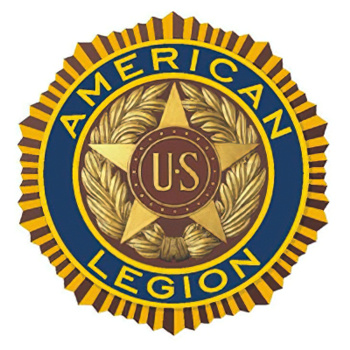
I arranged terminal leave so that I had time for a job search. I retired Friday and reported to the new job the following Monday. I was hired as industrial maintenance, repair, and installation electrician with an electronics background. I worked the 7 PM to 7 AM shift at Spencer Press in Wells, Maine, from 1999 to 2005, caring for the CNC production and infrastructure machinery. We moved to Virginia, and I worked at Gemini Incorporated as a Lead Maintenance Person, taking care of production and support machinery,
I retired in October 2018 and now am an accredited American Legion Service Officer helping veterans file and appeal VA claims.
What military associations are you a member of, if any? what specific benefits do you derive from your memberships?
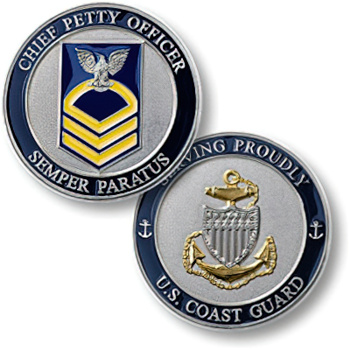
Coast Guard Chief Petty Officer’s Association, US Navy League, American Legion. The meetings and publications maintain the connections.
In what ways has serving in the military influenced the way you have approached your life and your career? What do you miss most about your time in the service?
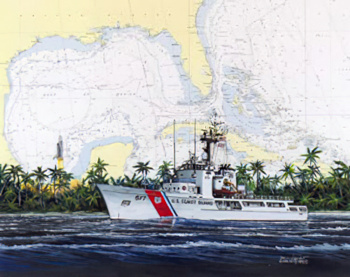
The work ethic you develop, the learning opportunities, and the travel experiences. The internal drive to continue to help others.
I miss the fellowship, the camaraderie that develops. I miss the leadership opportunities and the mentoring of the subordinates to be the future. Civilians “just don’t get it.”
Based on your own experiences, what advice would you give to those who have recently joined the Coast Guard?
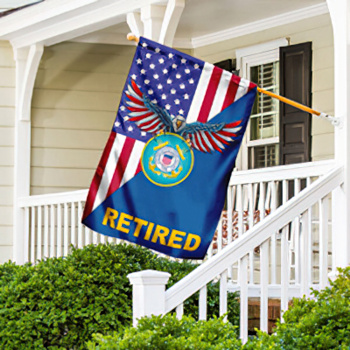
Seriously consider a career. While retirement won’t pay for everything, it allows a wider range of post-service employment options and healthcare helps. The senior enlisted programs can prepare you for anything you encounter later.
In what ways has togetherweserved.com helped you remember your military service and the friends you served with.
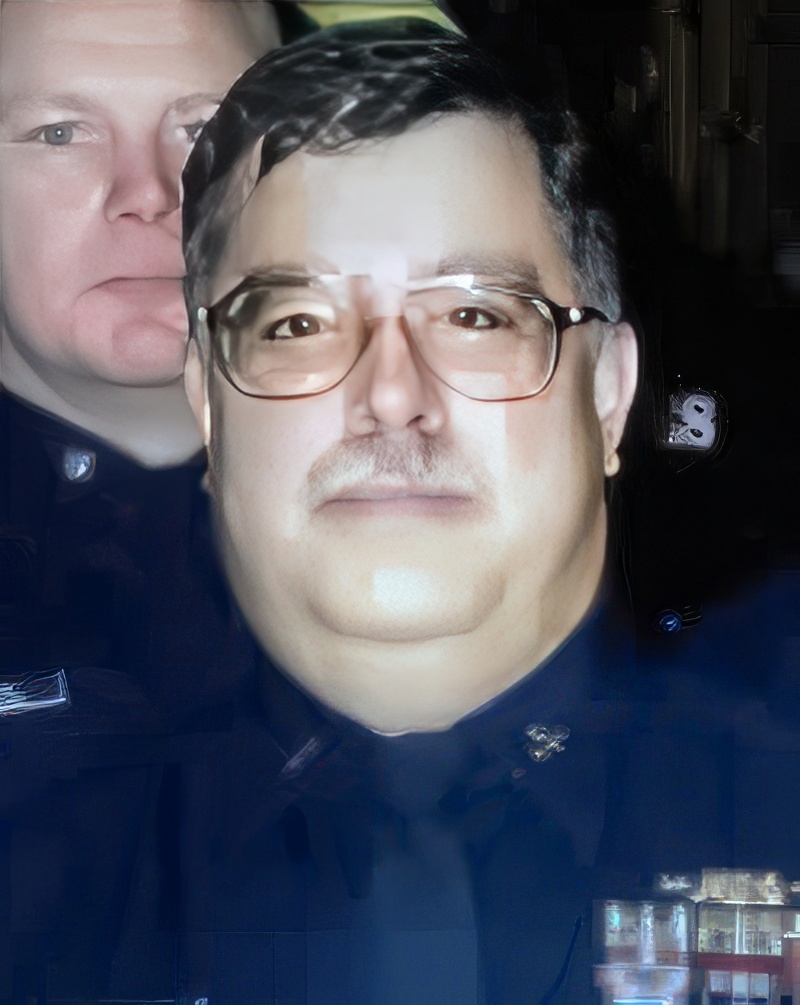
It has allowed me to enter this information for posterity.
PRESERVE YOUR OWN SERVICE MEMORIES!
Boot Camp, Units, Combat Operations
Join Togetherweserved.com to Create a Legacy of Your Service
U.S. Marine Corps, U.S. Navy, U.S. Air Force, U.S. Army, U.S. Coast Guard
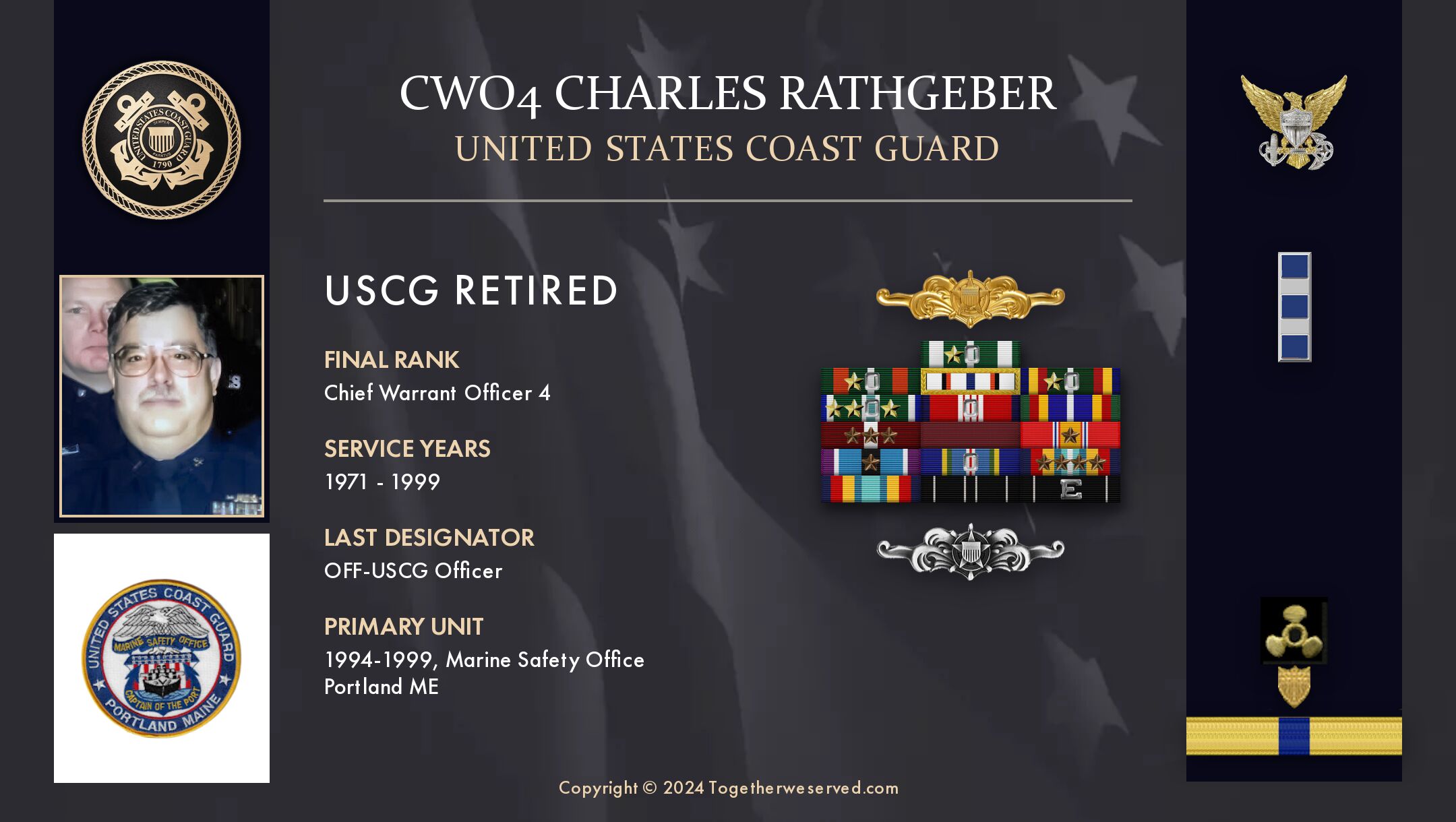
0 Comments